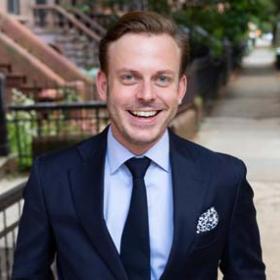
RFK's Populism: An Answer to Donald Trump
Senior Fellow at the EastWest Institute Franz-Stefan Gady Writes About Modern Populism and the Lessons From History in Frankfurter Allgemeine Zeitung.
“Oh, no, no. Don’t. Don’t lift me.” Those were the last words of Robert Francis Kennedy, also simply known as “Bobby" or RFK, before the 42-year-old senator and presidential candidate slipped into a coma on the kitchen floor of the Ambassador Hotel in Los Angeles shortly after midnight on June 6, 1968 from which he would not awake.
Like his older brother, President John F. Kennedy, who was murdered in 1963, RFK was gunned down by the bullets of an assassin. He had just finished his victory speech in the ballroom of the hotel, where he thanked his supporters for their efforts in the 1968 Democratic primary in California, when the shots were fired.
For many Americans on this muggy summer night in Los Angeles fifty years ago it marked not only the death of Robert Kennedy but also a belief in American progress and the country’s political innocence. What followed the assassination was Watergate, Richard Nixon , the intensification of the Vietnam War and the escalation of racial violence in the United States.
Read the full article in Frankfurter Allgemeine Zeitung (full text in German).
Image: "Group photo of four gentlemen including" (CC BY 2.0) by Kheel Center, Cornell University Library

